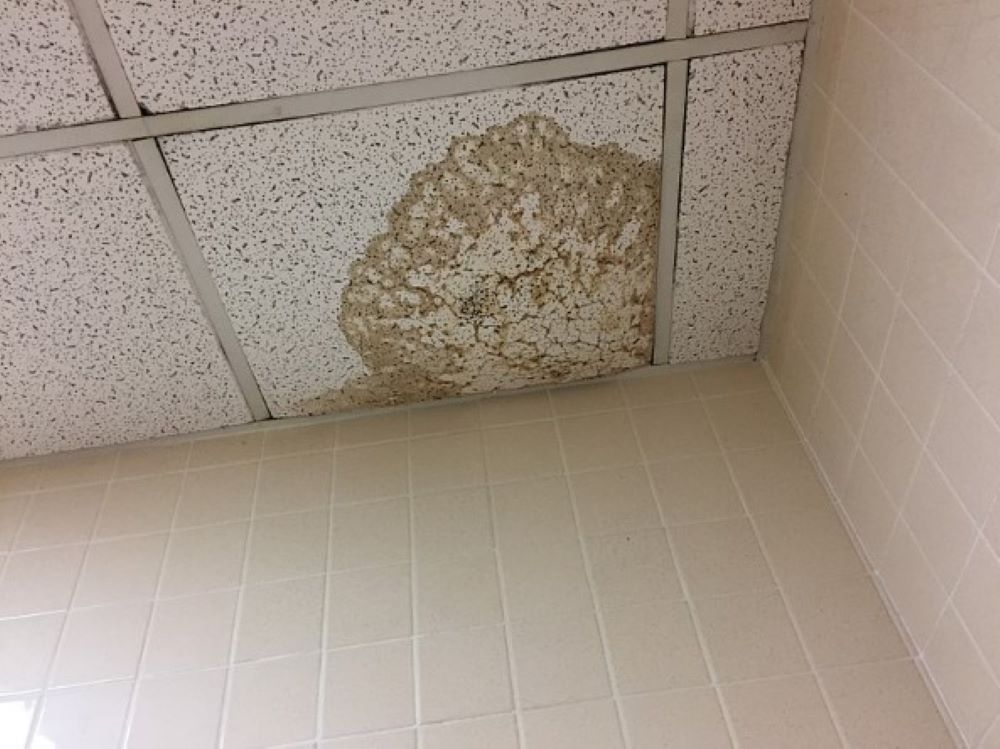
Welcome to our guide on how to prevent water damage in your home inspection. Water damage can wreak havoc on your property and lead to costly repairs. By taking proactive steps to maintain your home and prevent water intrusion, you can save yourself time, money, and stress in the long run. Follow these tips to stay dry and safe in your home!
Inspect Your Roof Regularly
One of the most common sources of water damage in homes is a leaky roof. Regular roof inspections can help you catch any issues early and prevent water from seeping into your home.
Tips for roof inspection:
- Check for missing, damaged, or loose shingles
- Look for signs of water stains on the ceiling
- Inspect the flashing around chimneys, vents, and skylights
- Clean out gutters and downspouts regularly to prevent clogs
Keep Your Gutters and Downspouts Clear
Gutters and downspouts are designed to channel water away from your home. If they become clogged with debris, water can overflow and cause damage to your roof, siding, and foundation.
Steps to maintain gutters and downspouts:
- Clean out gutters at least twice a year
- Install gutter guards to prevent debris buildup
- Ensure downspouts are directed away from the foundation
- Check for leaks or rust and repair as needed
Inspect Your Plumbing System
Leaking pipes and fixtures can cause water damage and mold growth if left unchecked. Regularly inspecting your plumbing system can help you catch leaks before they become a major problem.
Tips for plumbing inspection:
- Check for dripping faucets and replace washers as needed
- Inspect under sinks for signs of water stains or mold
- Look for leaks around toilets, showers, and tubs
- Check water supply lines for signs of corrosion or damage
Monitor Your Water Bill
An unexpected increase in your water bill could indicate a hidden leak in your plumbing system. Monitoring your water usage and bill can help you catch leaks early and prevent water damage in your home.
Steps to monitor water usage:
- Compare your water bills from month to month
- Look for spikes in usage that cannot be explained by normal activities
- Check your water meter for signs of continuous flow when no water is in use
- Consult a plumber if you suspect a leak in your plumbing system
Inspect Your Basement and Crawl Spaces
Basements and crawl spaces are prone to water intrusion due to their proximity to the ground. Regularly inspecting these areas can help you identify and address any issues before they cause significant damage.
Steps to prevent water damage in basements and crawl spaces:
- Check for signs of water stains or dampness on walls and floors
- Inspect foundation walls for cracks or gaps where water could enter
- Ensure proper ventilation to prevent moisture buildup
- Install a sump pump to remove excess water during heavy rains
Invest in a Professional Home Inspection
A professional home inspection can provide a thorough assessment of your property's condition, including potential water damage risks. Investing in a home inspection can give you peace of mind and help you prioritize maintenance and repairs.
Benefits of a professional home inspection:
- Identify hidden issues that could lead to water damage
- Receive expert recommendations for maintenance and repairs
- Prioritize areas of your home that need attention to prevent water damage
- Gain valuable insights into the overall condition of your property
By following these tips and staying proactive in your home maintenance efforts, you can help prevent water damage and protect your home from costly repairs. Remember, staying dry means staying safe in your home!